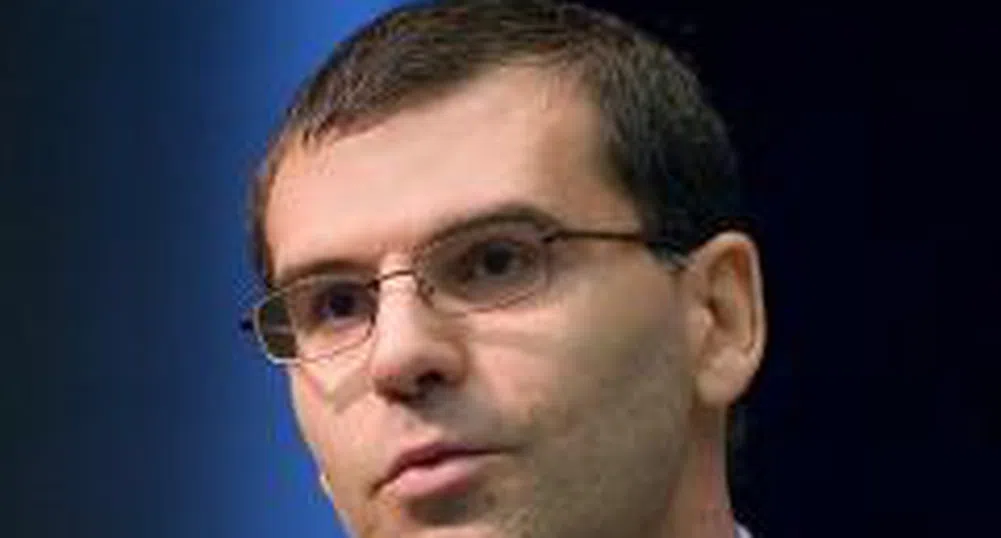Bulgaria Now Has Stable and Sustained Fiscal Policy

Bulgaria now has a stable and sustained fiscal policy, Deputy Prime Minister and Finance Minister Simeon Djankov said Thursday, paying a two-day visit to Silistra Region.
He said that this country should have a national economic strategy for the period after overcoming the crisis, as well as strategies for economic development of the regions formulated by taking into account their individual peculiarities.
Work on the strategies has already begun, Djankov said.
"Pulling out of the crisis, when we have more available funds - which I hope to happen in four or five months - we will be able to finance these strategies, too," the finance minister said. To some extent this would involve specialization by regions, which has not been applied in the past twenty years.
"For this reason a strange process is taking place in Bulgaria, with the big cities expanding quickly while smaller settlement become even smaller - a problem which actually is part of regional development," he observed. In his words, the settlement of the problems depends on what conditions the government and the business could provide, using also the European funds, to stop the mass migration [to big cities], on reviewing the economic activities carried out in the past, which now seem to have been forgotten, to identify the successful ones and on analysing the new sectors emerging now.
In Djankov's view, there is a possibility of people's incomes rising two-fold in the next five years. Some changes could be made in the state administration to avoid its concentration in this country's largest city.
Djankov, who is going to be JASPERS national coordinator, said that Bulgaria can get 211 million euro from this programme after January 1, 2010 although it has not applied for funds under it so far.
"JASPERS is part of the project for competitiveness which Bulgaria has not used so far and now we can absorb 211 million euro for which Bulgaria has not even applied," Djankov said. Bulgaria has not applied for funds from the European healthcare programmes either; it can get about 400 million euro from them, he said.
In the finance minister's view, there is a potential in other instruments, too.
On Wednesday Djankov visited the units of the National Revenue Agency and the Customs Agency in Silistra Region. On Thursday, before his departure, he visited the Children's Home for Medical and Social Care and the children's ward of the general hospital in Silistra. He made donations for the children.
Source: BTA
)
&format=webp)
&format=webp)
&format=webp)
&format=webp)
&format=webp)
&format=webp)
&format=webp)